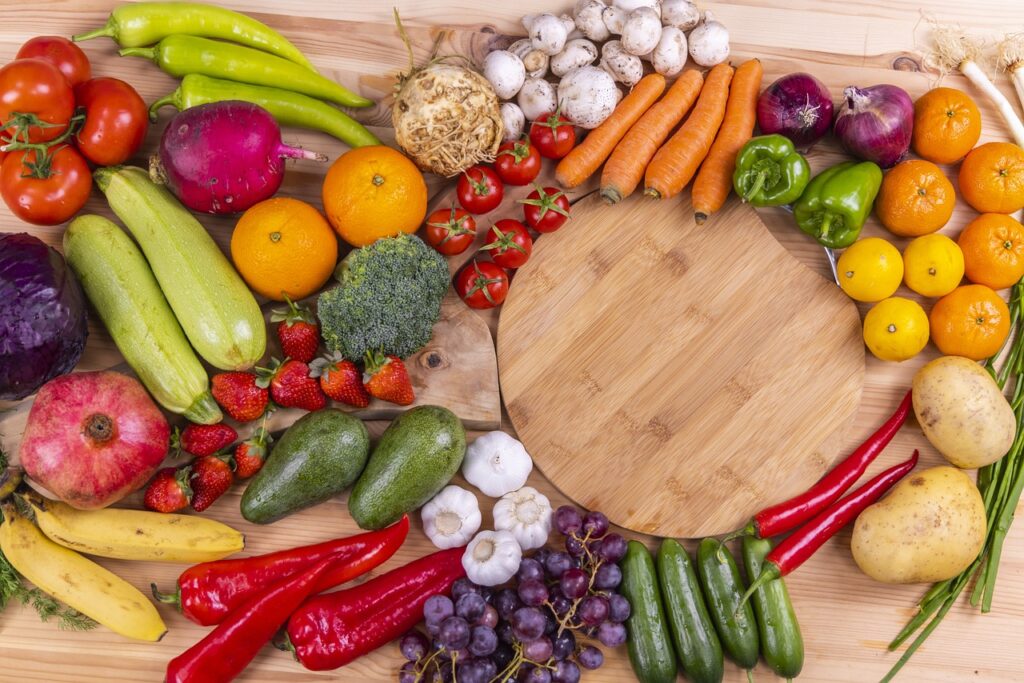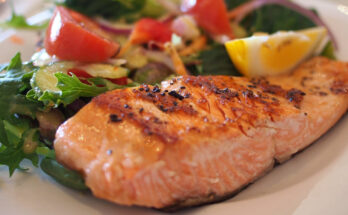
- Eat a healthy and balanced diet: Focus on eating nutrient-dense foods such as fruits, vegetables, lean proteins, and whole grains. Avoid processed foods, sugary drinks, and excessive amounts of saturated and trans fats.
- Increase your physical activity: Exercise is crucial for weight loss. Aim for at least 30 minutes of moderate-intensity exercise, such as brisk walking, cycling, or swimming, most days of the week.
- Stay hydrated: Drinking water is important for weight loss as it can help you feel full and prevent overeating. Aim for at least 8-10 glasses of water per day.
- Get enough sleep: Sleep is important for weight loss as lack of sleep can disrupt hormones that regulate appetite and metabolism. Aim for 7-8 hours of sleep per night.
- Try Intermittent Fasting: Intermittent fasting is a popular weight loss technique that involves alternating periods of eating and fasting. There are several methods of intermittent fasting, such as the 16/8 method, where you fast for 16 hours and eat during an 8-hour window.
- Cut back on alcohol: Alcohol is high in calories and can disrupt weight loss efforts. Try to limit or avoid alcohol consumption.
- Consider a weight loss supplement: Some supplements such as green tea extract, conjugated linoleic acid, and glucomannan can aid weight loss. However, it’s important to consult with a healthcare professional before taking any supplement.
Remember that weight loss is not a one-size-fits-all process and it’s important to find a sustainable approach that works for you. It’s also important to consult with a healthcare professional before making any significant changes to your diet or exercise routine.



